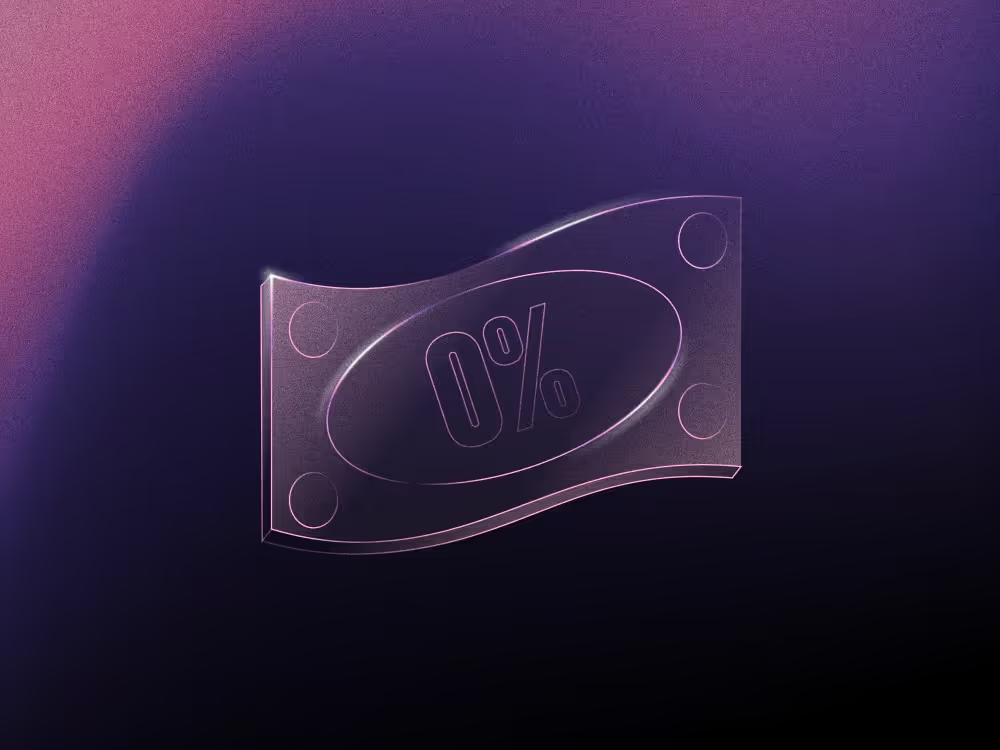An investment fund pools money from investors into one portfolio of assets, which could be made up of a mix of stocks, bonds, or real estate.
Investment funds offer a straightforward way of diversifying your portfolio, as they might invest in anything from ten to 1,000 assets in a single fund. You don’t have to do the stock picking yourself, so a lot of the investment decisions are made for you. But with those perks can come fees, and as with any investment, investment funds will carry risk.
How does an investment fund work?
Put simply, an investment fund collects money from investors to purchase assets that align with the fund’s goal.
What are common types of investment funds?
Some of the most common types of investment funds are mutual funds and exchange-traded funds (ETFs).
Mutual funds have long been popular among UK investors. In 2024, 19% of UK investors held mutual funds, according to BlackRock. Mutual fund ownership growth has been relatively flat for the past few years, though. Meanwhile, ETFs have become the country’s fastest-growing asset class. ETF ownership increased by 57% from 2022 to 2024, accounting for 8% of UK investors.
Other types of investment funds include money market funds, bond funds, equity funds, index funds, and multi-asset funds. Here’s a table comparing the two main types of investment funds, looking at their similarities and differences.
What is active and passive investing?
Active investing means you are trying to beat the market, often by investing in an investment fund with a fund manager at the helm who is trying to outperform the stock market.
Passive investing means you are investing to try and replicate the performance of an entire index, like the UK 100, which tracks the 100 biggest UK companies, or the S&P 500, tracking the 500 largest US-listed companies.
What are the benefits of investment funds?
As we’ve seen, there are a number of different kinds of investment funds out there. The benefits depend on which kind of fund you are investing in. Though, one advantage across the board for all types of investment funds is that they will generally add quick and easy diversification to your portfolio.
Nevertheless, it’s not as easy as a once-and-done decision when it comes to investing. You should still spread your portfolio across different risk levels, industries, and geographies, so you’re not overexposed to a single theme.
For instance, as of mid-August, 2025, the ‘Magnificent 7’ made up about 34% of the S&P 500. An S&P 500 ETF or mutual fund will give you more diversification than a single stock, but it’s still heavily concentrated in tech.
What is an investment fund - FAQs
What is the difference between a mutual fund and an investment fund?
All mutual funds are investment funds, yet not all investment funds are mutual funds. You can think of ‘investment funds’ as the umbrella term encompassing specific funds, such as a mutual fund.
What’s the best investment fund?
We hate to break it to you. There is no one ‘best fund’ out there. The best investment fund for you depends on your goals, timeline, personal preferences, and risk appetite. For some investors, that might be a low-cost ETF covering a broad array of industries, for others, it might be an actively-managed mutual fund selecting assets based on a list of ESG investing criteria.
For inspiration, why not check out the top funds among Freetrade investors?
Should I invest in mutual funds or ETFs?
ETFs tend to be less expensive and more flexible, while mutual funds can have higher fees but more professional oversight. The right choice for you depends on how much weight you place on control and cost when investing.
Read our full comparison of ETFs and mutual funds for more information.
Mutual funds vs ETFs
Mutual funds trade just once daily at their NAV, while the price of an ETF will fluctuate throughout the day, just like other stocks and shares. The fees and objectives of these funds will differ. But remember, the mutual fund vs ETF debate doesn’t need to be a case of either-or. There’s room for both types of investment funds in your portfolio.
The value of your investments can go down as well as up and you may get back less than you invest. Freetrade does not give investment advice and you are responsible for making your own investment decisions. If you are unsure about what is right for you, you should seek independent advice.

.avif)

.avif)

.avif)






